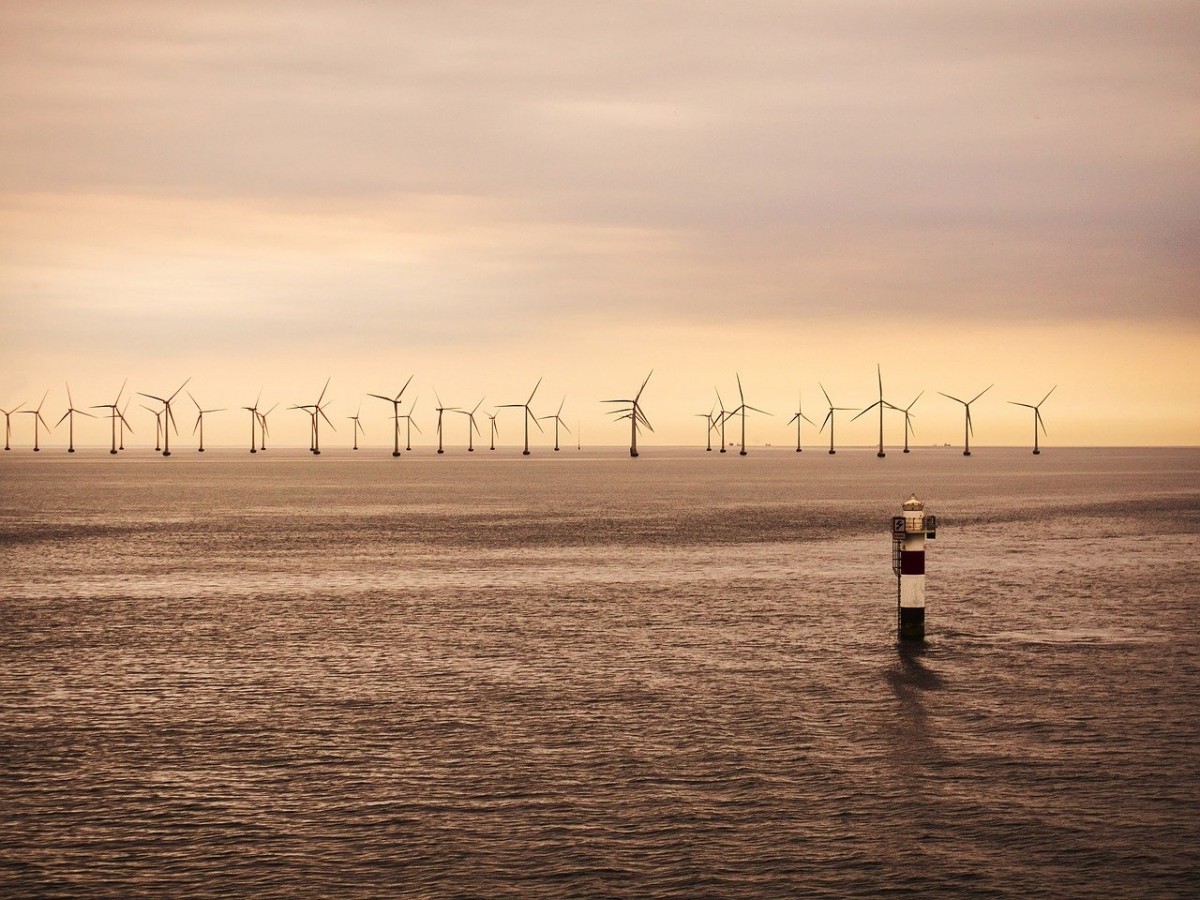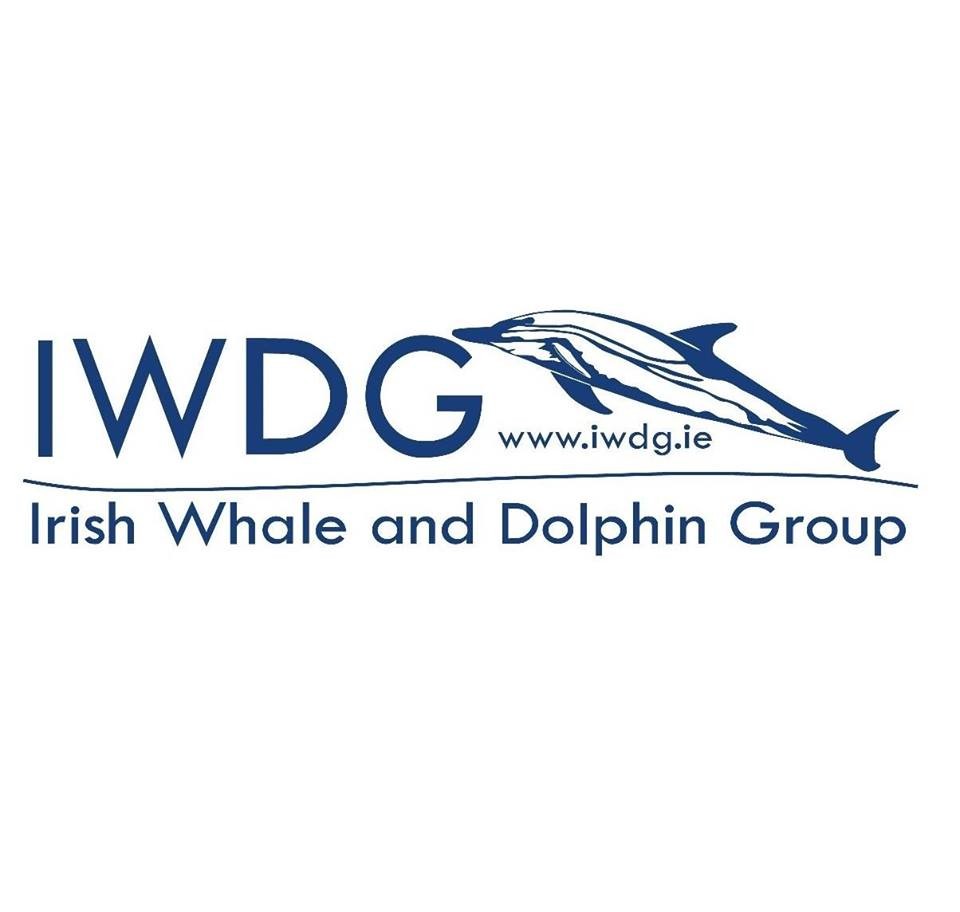
The marine renewable energy industry in Ireland is set for explosive growth in the coming years with a production target of 5GW of offshore wind energy by 2030 and an ambition of 30GW by 2050.
The Irish Whale and Dolphin Group (IWDG) supports the decarbonizing of the Irish economy, but offshore developments should be carried out within the framework of both national and international best practice and should have only minimal and not significant impacts on whales, dolphins and porpoises and their habitats.
An IWDG Policy Document on Offshore Windfarms was launched today at the group’s annual meeting WhaleTales. This policy document seeks to describe best practice in the protection of whales, dolphins and porpoises during the development process for offshore windfarms. Many of the same policies can apply to any marine renewable energy installation.
Senior author Patrick Lyne said at the virtual meeting “We have looked at recent research and international best practice to inform this policy document, and present a series of recommendations to try and help guide offshore windfarm development over the coming years. The aim is to mitigate or reduce our impact and to measure our impact such that future developments can be better planned, and existing ones perhaps improved”.
In the document the IWDG have highlighted the need to protect areas identified as being important for whales and dolphins and has called for changes to mitigation practices to prevent Temporary Threshold Shift (TTS) such that this is also treated as an injury. The document also seeks to promote the use of Passive Acoustic Monitoring as a mitigation tool. As nearly all cetacean species spend a considerable amount of time underwater, PAM is the only effective way to detect them and should form part of a 24 hour mitigation strategy.

Procedures such as soft starts were examined in line with industry best practice. Acoustic Deterrent Device use should be reviewed according to species present and exact parameters of the device used, in order that it acts as an effective deterrent prior to operations when
CEO of the IWDG Dr Simon Berrow said “the amount of contact the IWDG have had with offshore windfarm companies in recent months is huge and we felt it was important to publish our thoughts about the development of this industry and its potential impacts on whales and dolphins. We are worried the state agencies involved in assessing planning applications and awarding licenses could be overwhelmed in the near future leading to bad decisions and delays”.
In the document the IWDG recommends that all mitigation procedures and the assessment of requirements should be coordinated by a single body to avoid differences in implementation by different regulators and that the current guidelines be now updated in line with best practice internationally.
Operations and Projects Director Ireland for Simply Blue Energy Dr Val Cummins, said “at Simply Blue Energy, we believe in doing the right thing for our stakeholders, the community and the environment. The IWDG Offshore Wind Policy is an extremely valuable document for us as a floating offshore wind developer seeking to implement best practice in the protection of cetaceans from the earliest stage of offshore wind development. We note the recommendations and support the need for a robust and effective regulatory system”.
